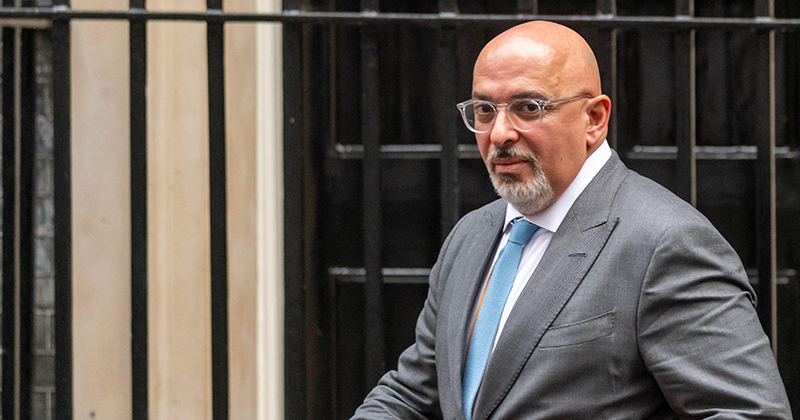The education secretary has issued a call to arms for ex-teachers, asking them to return to the classroom to tackle staff shortages caused by Covid. Like retired medics who have been called back for “one last job” administering vaccines, it’s now the turn of former education professionals to help save the day.
I hope many former teachers will answer Nadhim Zahawi’s call. And if and when they do, I hope both they and the schools that receive them will be ready work together. For what it’s worth, here’s my advice on making a success of a return to the classroom after a long absence.
Be humble
I taught for two decades from 1974 before becoming a headteacher, which I did until I retired in 2017. I found retirement didn’t suit me, so in March 2019 I started as a supply teacher.
Since then, I’ve been moving between different schools for The Pioneer Academy (TPA) trust as a “flexi” teacher, but now I’m settling in to do three days a week at one of their London schools, Stewart Fleming Primary School. It’s a small world. The trust’s CEO, Lee Mason-Ellis, is now my boss. But I used to be his. In fact, I interviewed him for his very first teaching job.
So my first piece of advice for any returning teacher, no matter how senior their last role was, would be to approach the situation with humility. For me, having been a headteacher for such a long time meant that, although I was only retired for two years, it had been an age since I’d served daily at “the chalk face”. A lot has changed. And we know from experience that a lot always does.
Ask questions
Teaching styles are a prime example. I was a real proponent of interactive whiteboards as headteacher. Now, there is a heavy reliance on them and I’m having to practise what I preached for the first time.
In other professions, the assumption might be that your absence has de-skilled you. But in teaching, it’s almost the opposite. When an ‘experienced’ teacher comes on board, others can assume they know everything they need to. In addition, newer or younger teachers may be hesitant to offer help in case they cause offence.
But it’s natural to feel de-skilled when you first return, and it can affect your confidence. Just remember: there are lots of people who can help you. You just need to let them know you are keen for their support.
In fact, newly qualified teachers are a great resource. They’ve just done all the relevant
training, and are likely to value exchanging their up-to-date knowledge for the wisdom of your experience.
Stick with what you know
After a couple of years back at it, I’m enjoying the variety of working with different year groups, like a secondary school returner might enjoy dabbling with new subjects outside of their specialism. However, I would recommend trying to stick to your comfort zone at first and building from there.
You may feel needed elsewhere, and even be tempted to stretch into areas you always fancied but never had a chance to explore, but there will be enough new things to learn without making life more difficult for yourself. This is even more pertinent for those returning under the shadow of the pandemic, with the responsibility of helping pupils to catch up.
Adapt and thrive
Clearly, I didn’t anticipate a global pandemic when I returned. Undeniably, it has made teaching more complicated. But if you take control of your own safety and that of the children in your care, you really can just get on with the job. Children are very adaptable and you can be too.
After all, brain plasticity is key to an ageing brain’s cognitive function. So for all the talk of risk, there’s something to be gained too.
In fact, I’ve gained so much, I sometimes wonder why I ever left.








Your thoughts